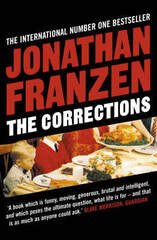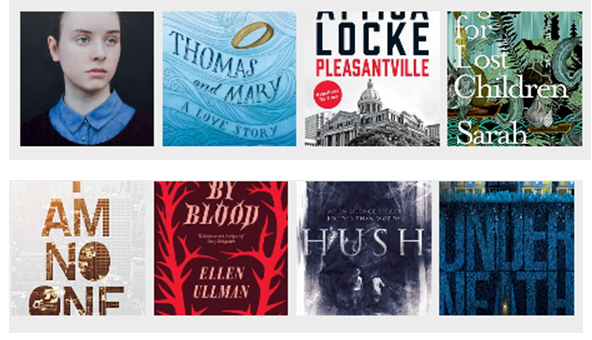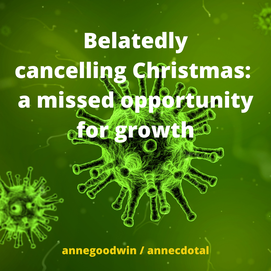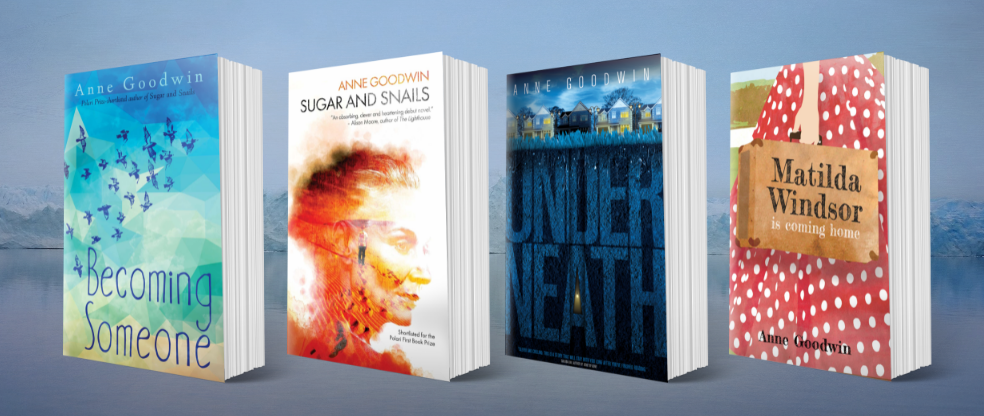| On Christmas Eve last year, when many were struggling to adapt to a curtailed coronavirus Christmas, I was in my element with a long walk in the Peak District followed by settling down with a mince pie to reread one of my favourite novels. This would be the third time I’d spent the festive season with the Lamberts, and I relished their company as much as the first time I met them in the freshly-published hardback I gifted myself (with money from my mother) almost twenty years before. I love this book at the sentence level, at the level of the eternally disappointed characters, and at the level of the ridiculously sprawling 500-plus page plot. |
Belonging to a generation where a woman’s worth is measured by mothering and domesticity, how can Enid demonstrate she hasn’t wasted her time? This final Christmas will be her swan song, if her husband and children play their allocated parts. Desperate for validation, she nevertheless alienates her children with repeated monologues about the achievements of her neighbours’ offspring and boasting to her neighbours with distorted versions of her children’s success.
Yet irritating as she might be in real life, she’s depicted with great compassion. Her tragedy is in looking for love in the wrong places, and that she might receive more if she tried a little less.
Although she can’t acknowledge it, Enid needs this last Christmas, because her house and her husband are falling apart. Alfred, a retired railway engineer and amateur inventor, has Parkinson’s disease and possible dementia, and whiles away the hours alone in the basement that was previously his laboratory, languishing in his old blue chair. The work, both paid and unpaid, that once provided status and a retreat from family responsibilities, now unavailable through failing health, Alfred is perhaps more aware than anyone that his future is bleak. But his personality – aloof verging on Asperger’s – and marital history of feeling underappreciated for his moral values – even to his disadvantage – prevents him from exposing his emotional vulnerability to his wife.
Alfred’s legacy as a strict disciplinarian has also estranged him from his sons. The middle child, Chip, a disgraced academic touting the script of a dreadful screenplay, is under no illusions about the advisability of a family Christmas. But, still afraid of his father, he’s in denial about how much his own behaviour is dictated by his yearning for approval as he flips, like an adolescent, between attention-seeking and rebellion. Chip’s tragedy is that he’s actually his father’s favourite child.
Denise, perhaps by dint of being the youngest and the only girl, is the sibling most sympathetic towards Alfred’s difficulties, and the least threatened by Enid’s request they spend Christmas at St Jude. Less damaged by her upbringing than either of her brothers, she’s made a name for herself as a chef in Philadelphia, but her love life’s just got extra complicated. In comparison, her family of origin doesn’t feel so bad.
The eldest child, Gary, is the most conventionally successful of the three. A banker, married with three young boys, he could be everything his mother wants, if only his wife would submit to the plan. But Caroline’s chillingly honest appraisal of his parents’ personalities, and subsequent refusal to join them in St Jude, leaves Gary struggling to manage the gap between his family of origin and the family he’s built in New York.
For Gary, as for many in Western cultures, wealth serves as a substitute for love. Through him, and through the monetisation of American health care, the novel not only addresses the question of whether corrections are possible within an individual or family, but also the crisis of capitalism, and whether corrections are due in that realm too.
The answer, as provided by the novel’s resolution, is that partial redemption is possible if we dare to confront the truth. This gives the novel a happier ending than I remembered, with some poignant accommodations between family members, but some wounds are too deep to heal.
How many, like Enid, use ritual as a defence against loneliness? Her wings clipped by marriage to a man incapable of loving, Christmas affords her an illusion of agency, as traditions grant her a modicum of control. How many, like Denise, use the pursuit of the perfect meal to ward off a psychological hunger? It’s not by chance that Franzen has made the youngest child a – rather skinny – chef.
In how many families, and friendship groups, is love and hate weighed up in the economics of the exchange of presents? Enid can’t give her children anything they’d value, but longs for them to express delight at her shabby gifts. Gary, despite the wealth he’s accumulated to prove to the world he’s more adept at financial management than his father, is miserly in monitoring minor debts. Meanwhile, Chip doesn’t realise that his anti-capitalist sentiment is merely the other side of an identical coin.
I should mention, if I haven’t put you off already, that this engaging and multi-layered novel is also extremely funny. I should also point out that twice I’ve foisted it upon my husband, and twice he’s given up (in boredom). I’m tempted to read it again this Christmas, but might hold off a couple of years to be sure of finding something new.
Have you read this novel? What’s your perfect Christmas read?
With Alfred housebound, Enid had to fetch the Christmas tree herself. Unable to drive, she’d drag it home on a sledge. With two days before family descended, she hadn’t a spare moment. Yet she paused in the dark to admire the spangled sky.
A star in the east seemed to beckon. Mesmerised, Enid followed its lead. When it stopped above a stable, she ventured inside.
She spent the whole holiday with the refugees, Joseph and Mary. Forgetting her children, she helped nurse their baby. Forgetting Christ, she learnt about Islam. Forgetting the turkey, she feasted on Syrian goat stew.






























 RSS Feed
RSS Feed





















